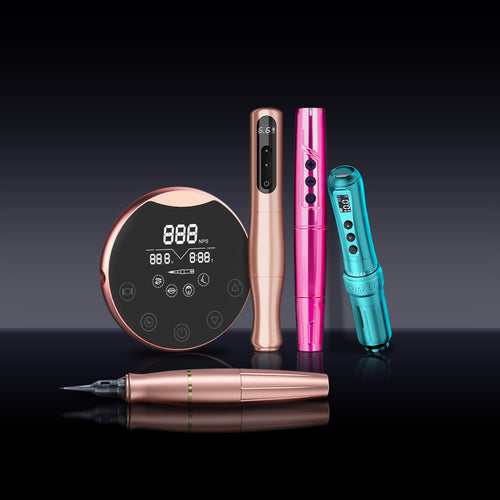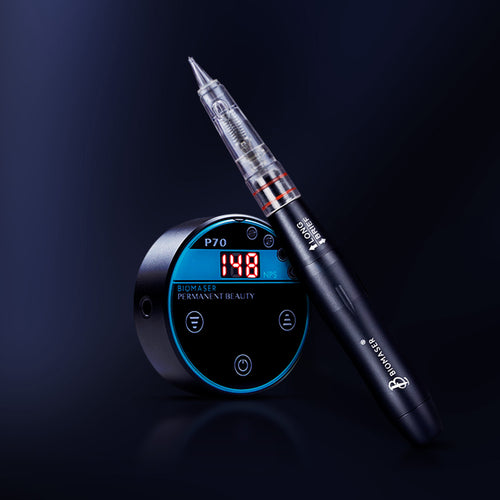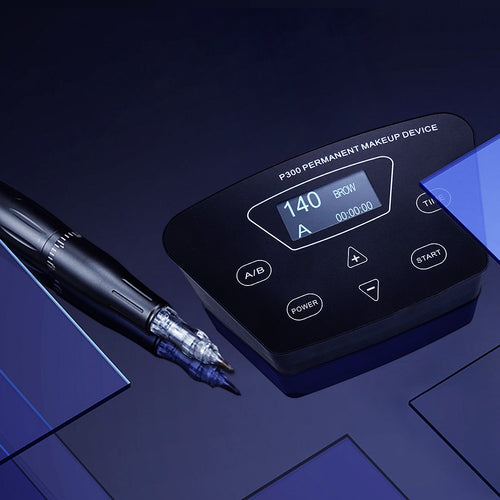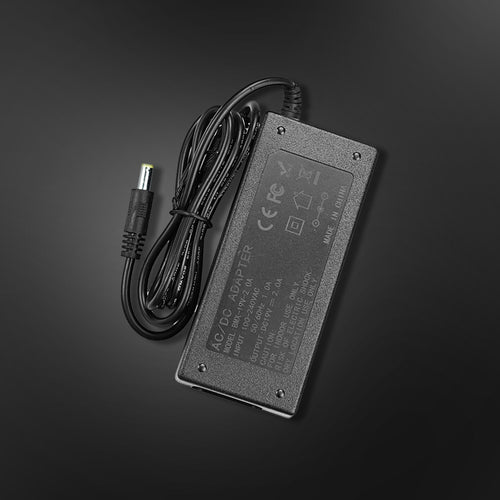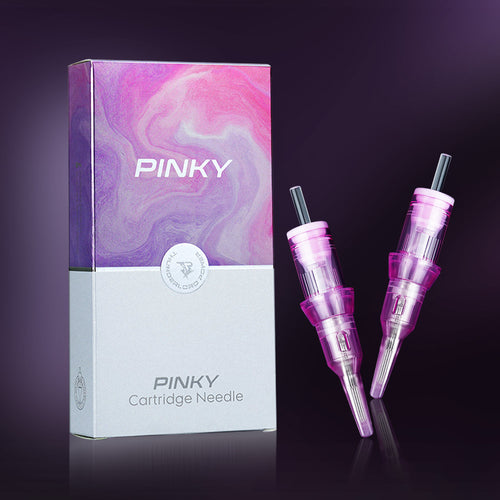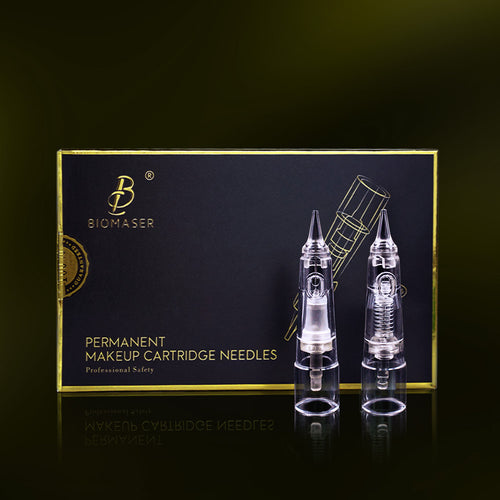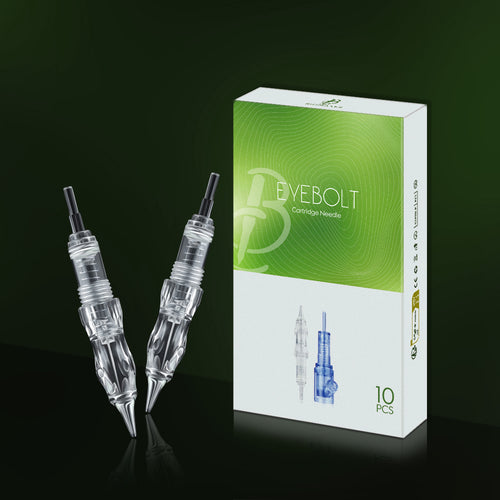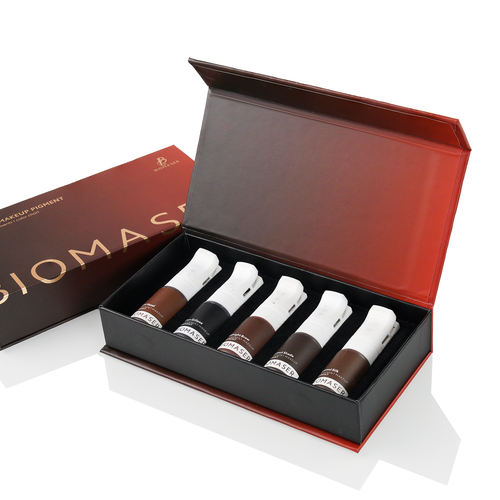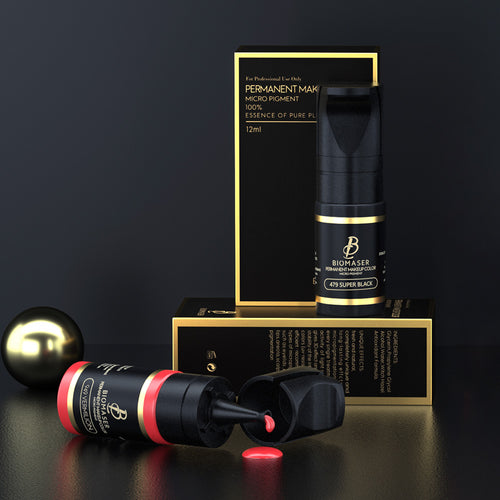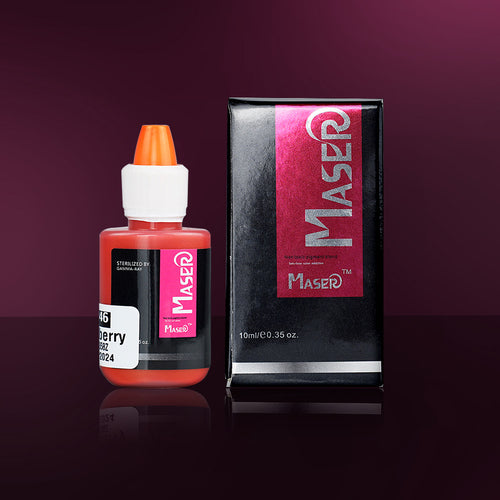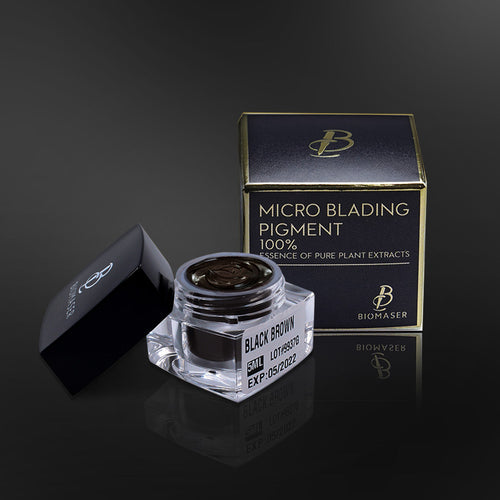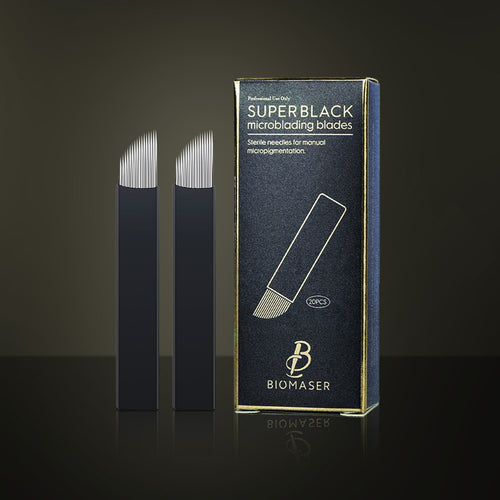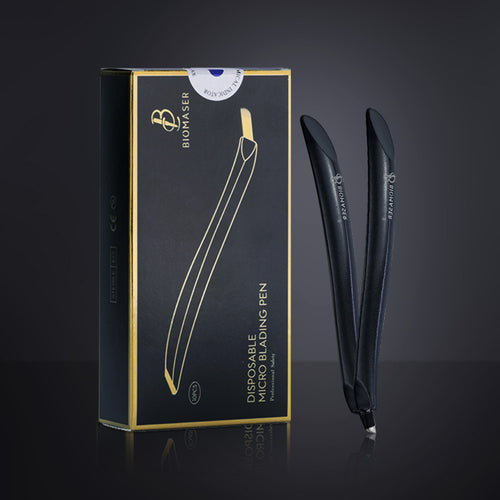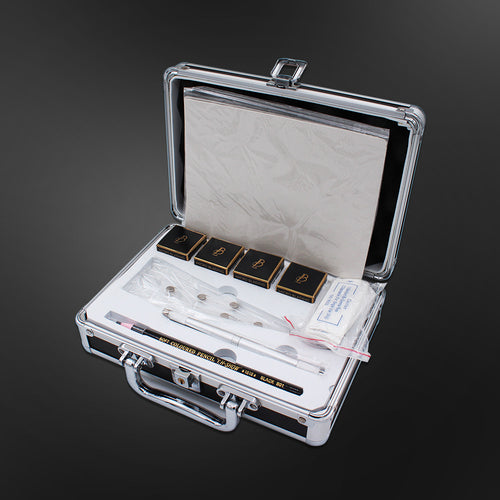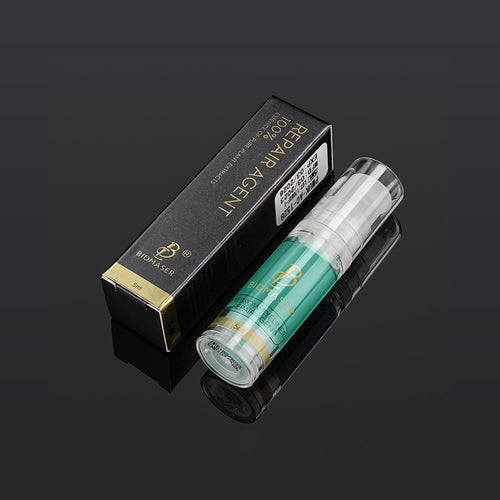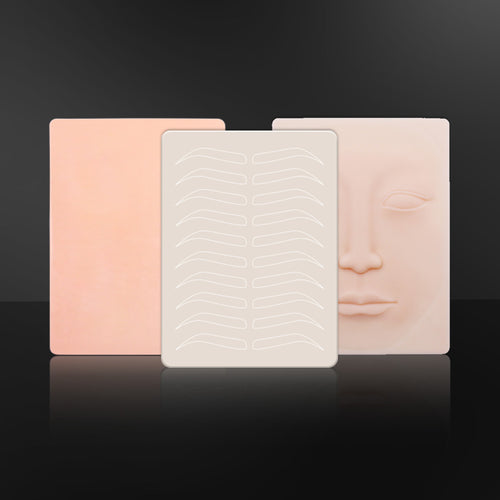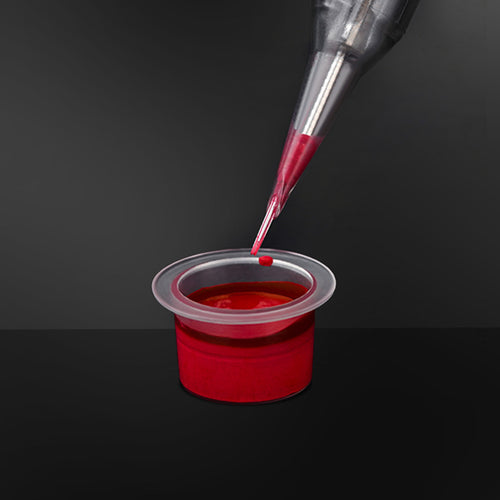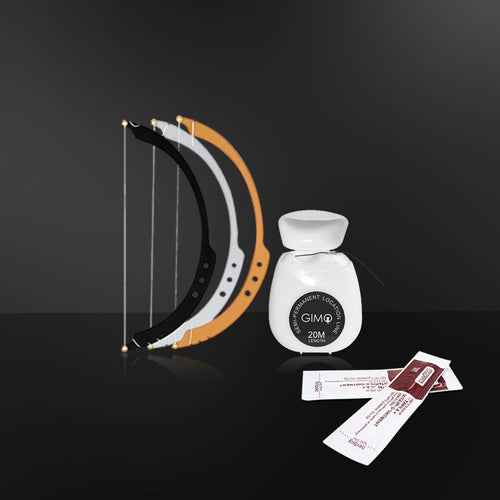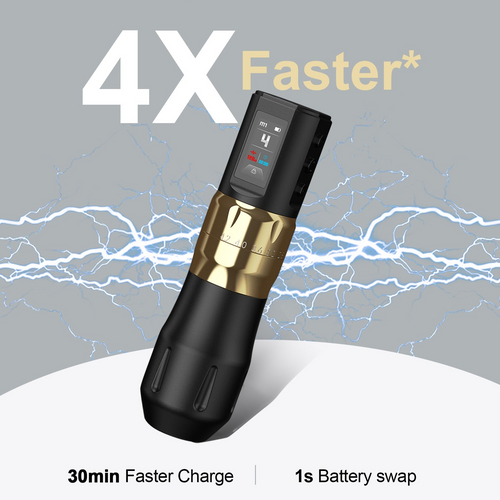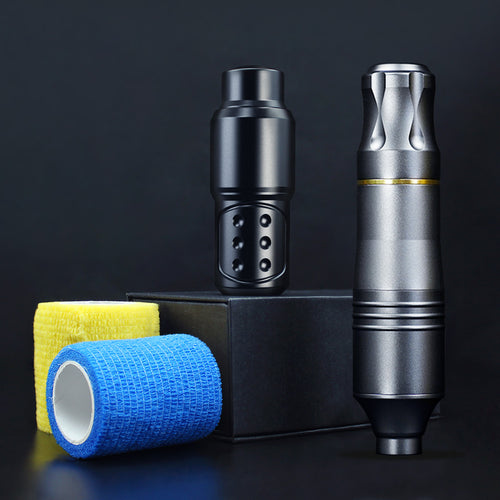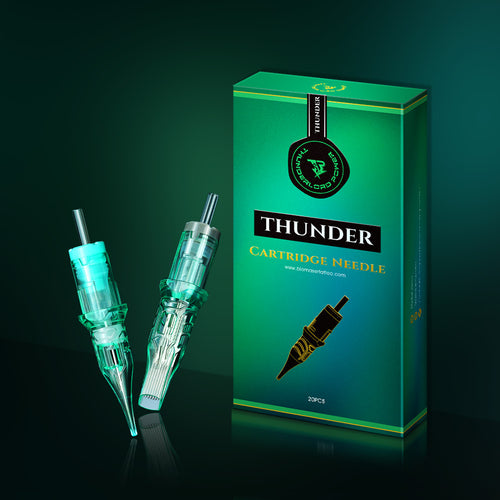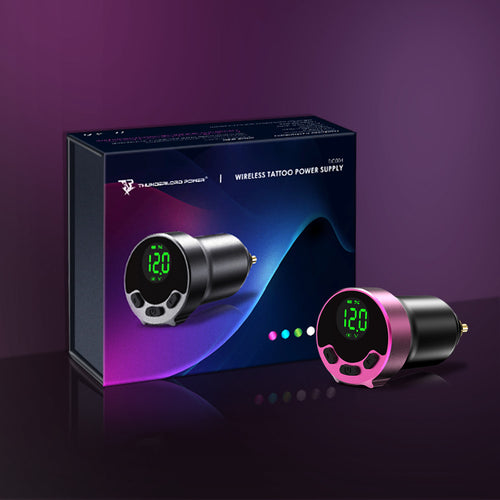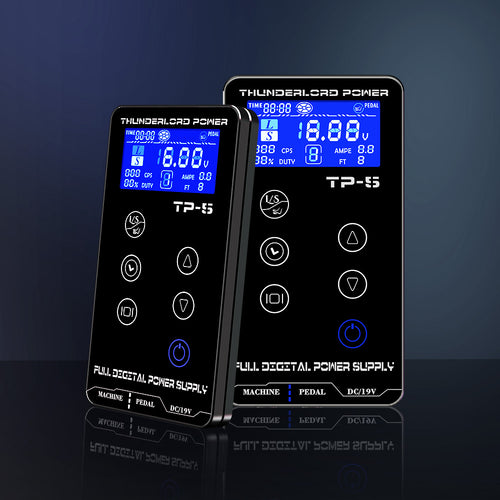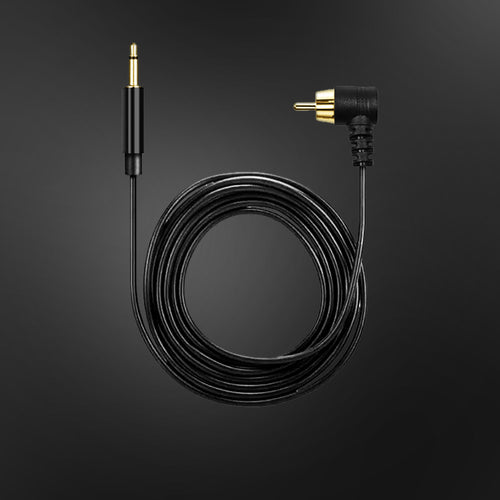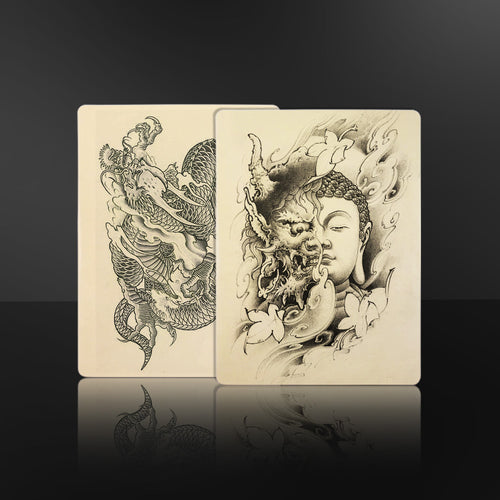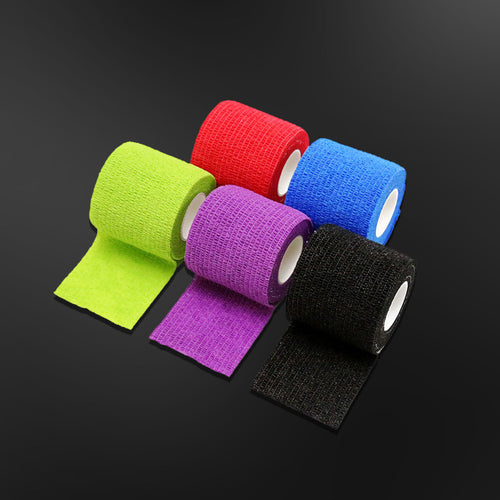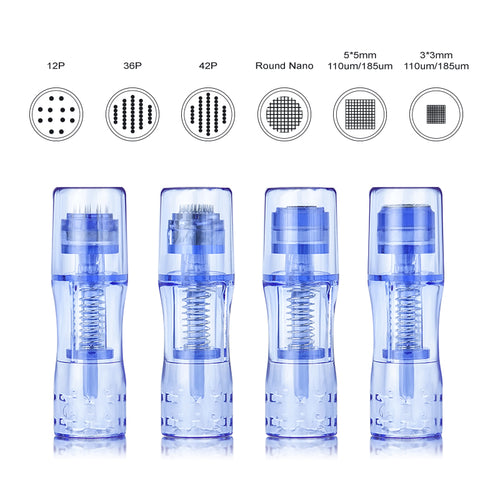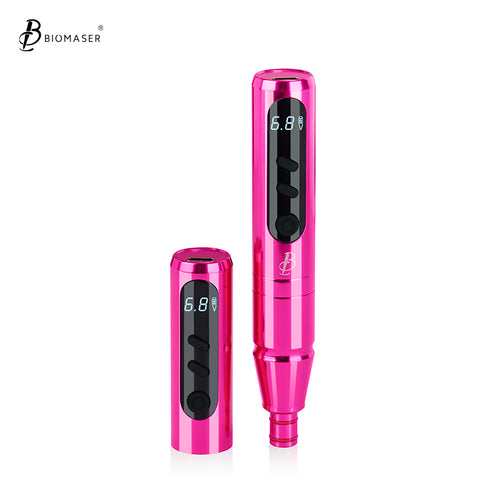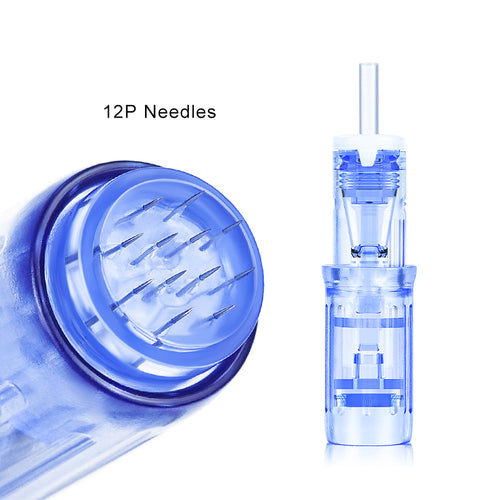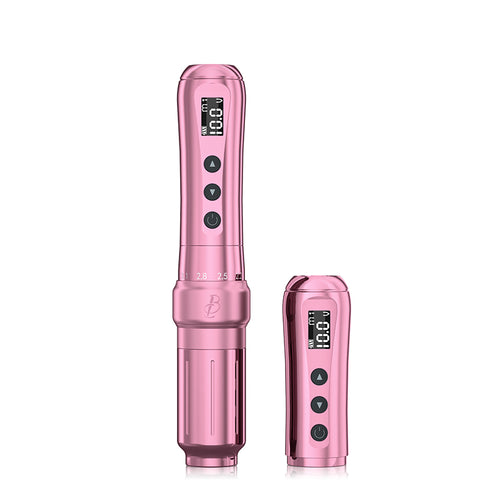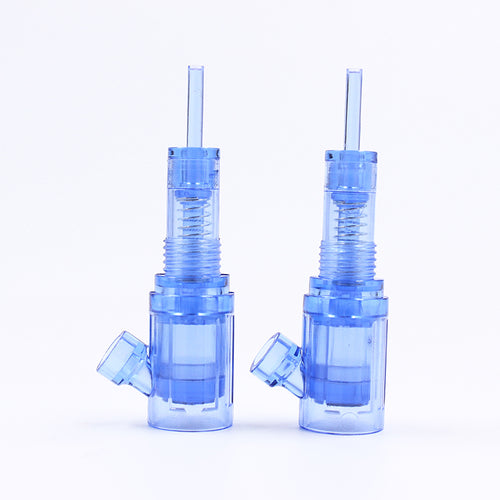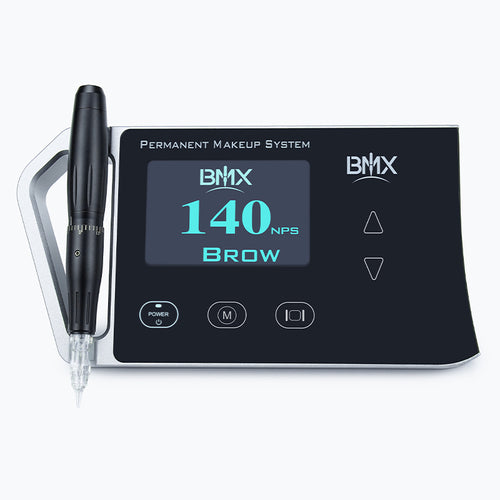Why Is My Tattoo Machine Overheating?
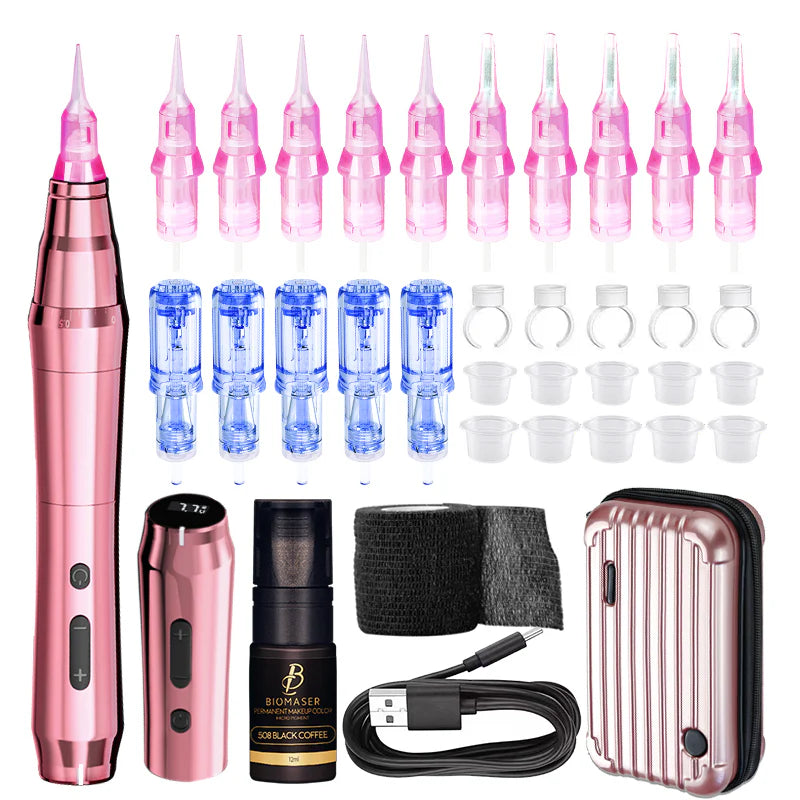
Being a unique art form, tattooing calls for a high level of talent, accuracy, and the proper equipment. But a typical issue that plagues many tattoo artists is their tattoo machine overheating while they're working. What causes this and how may the overheating issue be resolved? This post will examine the reasons of tattoo machine overheating and provide prevention advice.
Understanding Your Tattoo Machines
Understanding the operation of your tattoo machine is crucial to determining the possible cause of its overheating. There are two main types of tattoo machines: rotary and coil.
- Coil Machines: These devices move the needle up and down in a rhythmic manner with electromagnetic coils. Although they are renowned for their potent strength and adaptability, they may produce a lot of heat when in use.
- Rotary Machines: These machines are quieter and more efficient since they use a motor to turn a cam. They can still overheat in some situations, though they tend to work cooler than coil machines.

Common Causes of Overheating in Tattoo Machines
An overheated tattoo machine can be caused by a number of things. Being aware of these reasons will enable you to take preventative action before they happen.
Poor Ventilation
Inadequate ventilation is among the most frequent causes of overheating. Heat builds up fast when tattooing in small areas or without enough ventilation. The machine may overheat if the surrounding temperature rises. To keep the working environment comfortable, open the windows, turn on the fans, or use a conditioning unit.
Continuous Use Without Breaks
Many tattoo artists are enthusiastic about what they do, and they sometimes neglect to take breaks throughout lengthy sessions. Unfortunately, in this continuous use way, the machine may overheat. Give the tattoo machine a break every hour as a basic rule of thumb. Allowing the machine to cool down for a short while can help it last longer and continue to operate reliably.
Poor Lubrication
Tattoo machines require sufficient lubrication in order for its moving parts to function effectively. If you don't maintain them oiled, they may cause friction which could cause the machine to overheat. Just make sure to clean and lubricate your machine as directed on a regular basis to maintain everything functioning smoothly.
Internal Part Damage
Overheating can potentially result from internal component damage. For example, when you're tattooing and your machine gets heated all of a sudden, it could be a result of a worn-out spring. This makes the machine work harder than normal. As a result, the machine overheats. To avoid this problem, routine inspections and replacements of worn parts are necessary.
High Voltage
The voltage settings on your power source are a crucial consideration as well. Your tattoo machine's motor or coils may be constantly stressed if the voltage is set too high, which could cause them to overheat. Generally speaking, it's safe to keep it below 10 volts. For different tattoo situations, you can refer to a clear table of voltage settings as below.
| Tattooing Situation | Recommended Voltage Range (Volts) | Notes |
| Line Work | 7 - 9 | Provides enough power for crisp, clean lines without straining the machine. |
| Shading | 6 - 8 | Ideal for creating softer gradients while preventing overheating. |
| Color Packing | 8 - 10 | Slightly higher voltage helps effectively push ink into the skin. |

Potential Risks Brought by Overheating Tatto Machine
Overheating tattoo machines can pose several risks, both to the machine itself and to the tattoo process.
Decline in Machine Performance
When internal parts such as coils and motors overheat, it can lead to inconsistencies in needle movement, which can impair tattooing precision and accuracy.
Decreased Equipment Lifespan
Relentless overheating hastens the deterioration of vital components including switches, wires, and motors. This may cause equipment to break down earlier or require more frequent maintenance and replacements.
Reduced Tattoo Quality
Overheating can lead to fluctuations in pressure and speed during tattooing. Inconsistent needle depth, uneven lines, or poor color saturation can all be caused by heat-related performance problems, which lowers the overall quality of the tattoo.
Burns or Skin Irritation
Customers may experience discomfort from overheated equipment. Extended skin contact may increase the risk of problems by causing irritation or even small burns.
Operator Discomfort
Tattoo artists may feel difficulty from holding an overheated machine, which can cause hand fatigue or make it harder to retain control. This could further affect the accuracy of the tattooing process.
What Are the Signs of Overheating Tattoo Machine
Early detection of the symptoms of overheating will enable you to take care of problems before they worsen. These are a few typical signs:
A Rise in Temperature
The tattoo machine feels much hotter to the touch than usual, which is the most visible indicator, especially if it's too hot for you to hold comfortably.
Reduced Performance
If the machine begins to stutter or lose power while operating, overheating may be indicated. It could have trouble penetrating the skin completely, producing uneven shading or lines.
Fluctuating Voltage or Power
An overheated tattoo equipment may bring variations in voltage, which could lead to uneven performance. The machine may suddenly start to speed up and slow down.
Unusual Noises
If you hear any odd noises that weren't there during regular operation, such grinding, rattling, or buzzing, pay attention! These sounds may be a sign of overheating-related mechanical strain.
Smoke or Burning Smell
A tattoo machine that is overheating and perhaps causing damage to its internal components is clearly indicated if you smell something burning or see smoke coming from it.
Frequent Breakdowns
If you find yourself having to replace or repair parts more frequently, it could be due to the machine consistently overheating during use.

How to Troubleshoot Overheating Issues
There are a few things you can do to address the issue if your tattoo machine is overheating. The following is a basic troubleshooting guide:
- Verify the Ventilation: Make sure there is enough airflow in your workspace. Open windows, switch on fans, or utilize air conditioning if necessary.
- Take Breaks: Give your machine an hour's rest every hour to allow it cool down if you've been working for a long time.
- Check Voltage Settings: Make sure your power supply's voltage setting is suitable for the task at hand. Aim for less than 10 volts, unless otherwise instructed.
- Examine Lubrication: Make sure your equipment is adequately cleaned and lubricated according to the manufacturer's recommendations.
- Assess Internal Components: Keep an eye out for any indications of wear and tear on the springs and brushes inside your machine. Replace any components that are damaged.
- Test with a Multimeter: Check for electrical problems, such as shorts or bad connections, with a multimeter if you feel comfortable doing so.
- Be Aware of Strange Sounds and Odors: If you notice smoke, smell anything burning, or hear grinding or rattling, stop the machine right once and check for problems.
When to Seek Professional Help
It might be time to seek expert assistance if you have attempted troubleshooting and are still unable to resolve the overheating issue with tattoo machine. Certain overheating problems may be the result of complex electrical faults that require professional diagnosis and repair. It is recommended that you contact a technician if you believe your machine is experiencing a serious electrical problem.
Combat Overheating with Proper Tattoo Machine Care!
For tattoo artists, overheating is a typical problem that can be easily resolved. Learn the primary causes leading to the problem, like insufficient ventilation, extended hours of use, and others; you can make efforts to prevent it. Maintaining your tattoo machine not only makes your work better, but also gives your clients a better experience. Never be hesitant to seek expert assistance if you are having ongoing issues! Wish you creative and fruitful tattoo sessions in the future, along with satisfied consumers.
